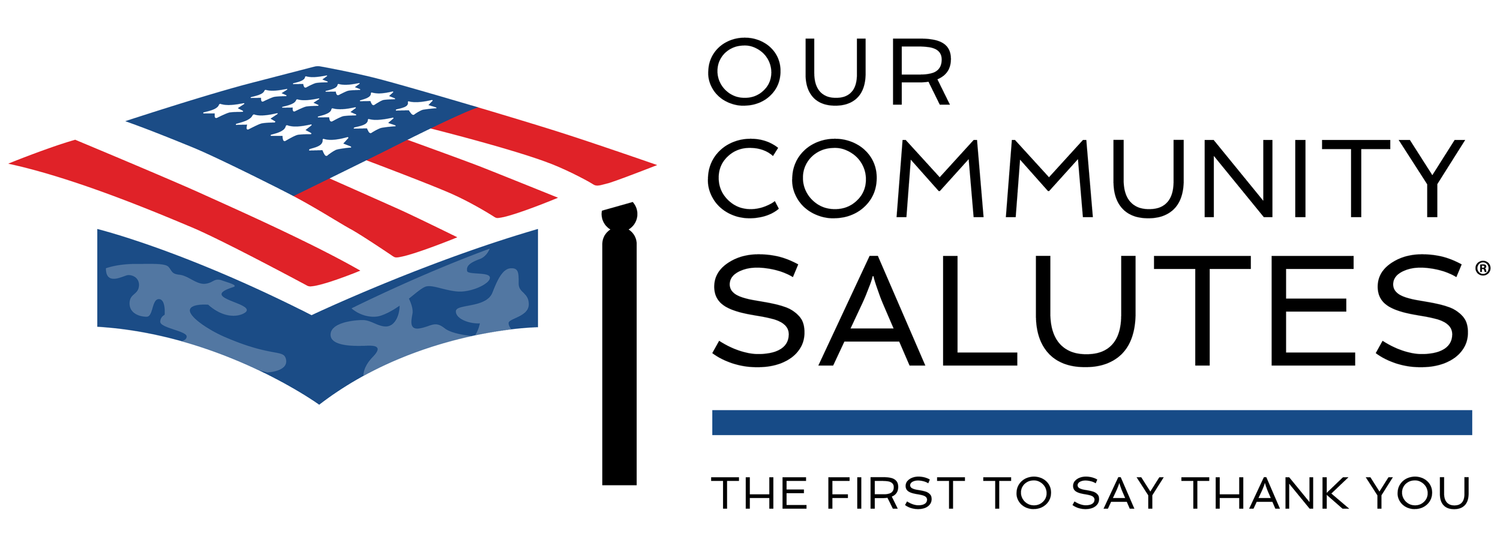Three Smart Tips to Keep Your Credit Cards in Check
Credit cards can be a wonderful tool to help you keep control of or manage your money. But remember that the money you’re using during a transaction isn’t yours. A credit card is merely a way for you to use a bank’s money for 28 days — instead of your own.
Knowing when to pull out that card can be as challenging as keeping up with monthly payments. Despite our good intentions when managing our debt, we often get in over our heads due to two unexpected expenses — that we should always expect.
The first unexpected expense is repairs: Something you own is sure to break. You just don’t know what will break, when it will break, or how much it will cost to fix or replace it.
The second unexpected expense is associated with gift-giving. Whether it’s a one-time celebration like a graduation or wedding, or a recurring one like a birthday, anniversary or holiday, you’re going to spend money — on gifts, cards, postage, and perhaps travel and clothing (renting a tuxedo or buying a dress for the special occasion).
You’re certain to need repairs and attend celebrations throughout the year, so do yourself a great favor and set aside some money to cover these inevitable costs.
Love the card, hate the debt.
As a young adult, maintaining some credit card debt is common. In fact, using a credit card wisely can demonstrate your credit worthiness to lenders for future loans or credit cards. But amassing debt is bad for you. So, follow these three tips to keep your credit card debt in check:
Don’t use that card for major purchases. Car loans, mortgages and education loans offer lower interest rates, so avoid using a credit card for stuff like this.
Pay off your credit card bills in full each month. When the monthly bill arrives, pay the whole bill — not the minimum requested. Sure, paying the minimum will eventually get rid of the debt, but at a huge cost. For example, say you have a credit card with an annual percentage rate of 18 percent and a balance of $1,800. If you pay only the minimum each month, it will take you nearly 14 years to eliminate the debt. If you instead pay just $10 more per month, you’ll get rid of the debt 10 years faster — and you’ll save $1,400 in interest!
If you can’t pay the full bill each month, do this. If you’ve built up credit card debt you can’t pay back right now, pay the minimum on each card, and then apply any extra money you have toward the card that is charging you the highest interest rate. And until all the cards are paid off in full, stop using them.
If your credit card debt feels out of control, contact American Consumer Credit Counseling, a nonprofit credit counseling service, at consumercredit.com, for budgeting support and a free credit analysis.
About Edelman Financial Engines
Edelman Financial Engines is devoted to providing high-quality investment advice, financial planning, and financial education. Co-founded more than 30 years ago by industry leader Ric Edelman, a New York Times bestselling author and host of personal-finance radio and television programs, the firm focuses on making personal finance simple, easy and fun. The firm’s well-known, “education first” approach helps consumers understand how their money is being invested to improve their ability to achieve financial security. Learn more at EdelmanFinancialEngines.com.
